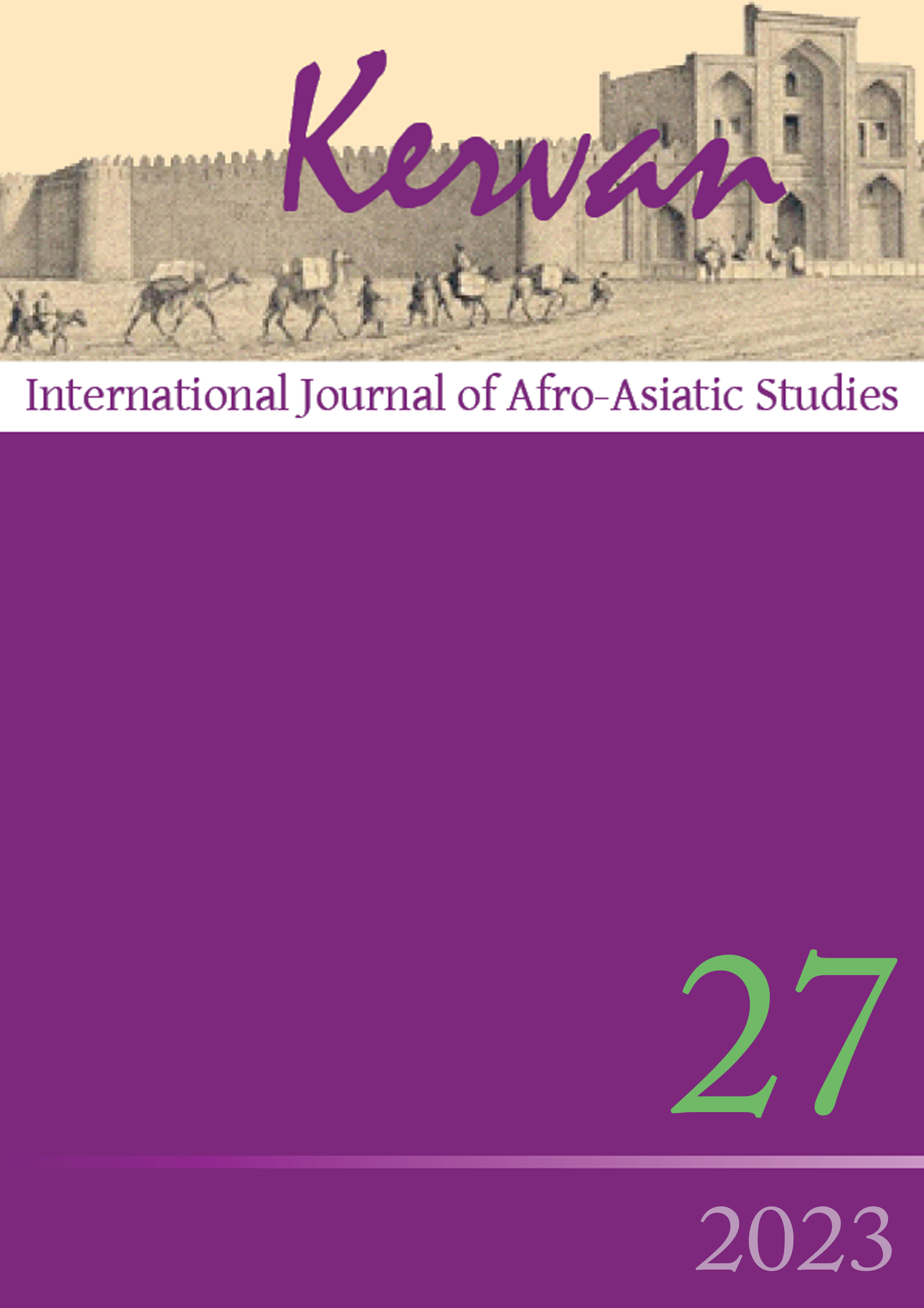Refusal strategies used by Jordanians and Syrian refugees in Jordan
DOI:
https://doi.org/10.13135/1825-263X/7721Abstract
This study investigates the use and linguistic properties of refusal strategies by Jordanians and Syrian refugees in Jordan. To achieve this objective, a Discourse Completion Test (DCT), consisting of 10 situations: three requests, three offers, two invitations, and two suggestions was used. The participants were 40 (20 male and 20 female) Jordanians and 40 (20 male and 20 female) Syrian refugees in Jordan. The mixed-method data analysis resulted in a total of 1351 refusals: 719 Jordanian refusals and 632 Syrian refugees’ refusals. The refusals were classified by semantic formulas, directness (a dimension of communication style), and frequency of semantic formulas. The results show that the two groups utilize different semantic formulas with different frequencies when making their refusals. The two groups used a different number of direct and indirect formulas. Although the two groups belong to the Arabic culture, the differences were significant. One main difference is that Jordanians’ refusals were more direct and were often expressed as negative willingness, while the Syrian refugees’ refusals were less direct, providing an explanation of their refusals. The results also indicate that gender is a significant variable where females in the two samples tended to respond with lengthy responses when making their refusals, employing at least three refusal strategies.
Downloads
Downloads
Published
Issue
Section
License
Gli autori che pubblicano su Kervan accettano le seguenti condizioni:
- Gli autori mantengono i diritti sulla loro opera e cedono alla rivista il diritto di prima pubblicazione dell'opera, contemporaneamente licenziata sotto una Licenza Creative Commons - Attribuzione che permette ad altri di condividere l'opera indicando la paternità intellettuale e la prima pubblicazione su questa rivista.
- Gli autori possono aderire ad altri accordi di licenza non esclusiva per la distribuzione della versione dell'opera pubblicata (es. depositarla in un archivio istituzionale o pubblicarla in una monografia), a patto di indicare che la prima pubblicazione è avvenuta su questa rivista.


 The articles that have appeared on Kervan since 2016 are rated as Class A in the system of National Scientific Qualification (ASN, disciplines 10/N1 and 10/N3).
The articles that have appeared on Kervan since 2016 are rated as Class A in the system of National Scientific Qualification (ASN, disciplines 10/N1 and 10/N3). The journal has been approved for inclusion in DOAJ. The DOAJ listing of the journal is available at
The journal has been approved for inclusion in DOAJ. The DOAJ listing of the journal is available at  The journal has been approved for inclusion in ERIH PLUS. The ERIH PLUS listing of the journal is available at
The journal has been approved for inclusion in ERIH PLUS. The ERIH PLUS listing of the journal is available at  Kervan was just accepted for indexing in SCOPUS. This important milestone ensures that articles published in Kervan are easily found when searching for library, archives and Information science and it enables Kervan authors to keep track of how often their article has been cited by others.
Kervan was just accepted for indexing in SCOPUS. This important milestone ensures that articles published in Kervan are easily found when searching for library, archives and Information science and it enables Kervan authors to keep track of how often their article has been cited by others.

